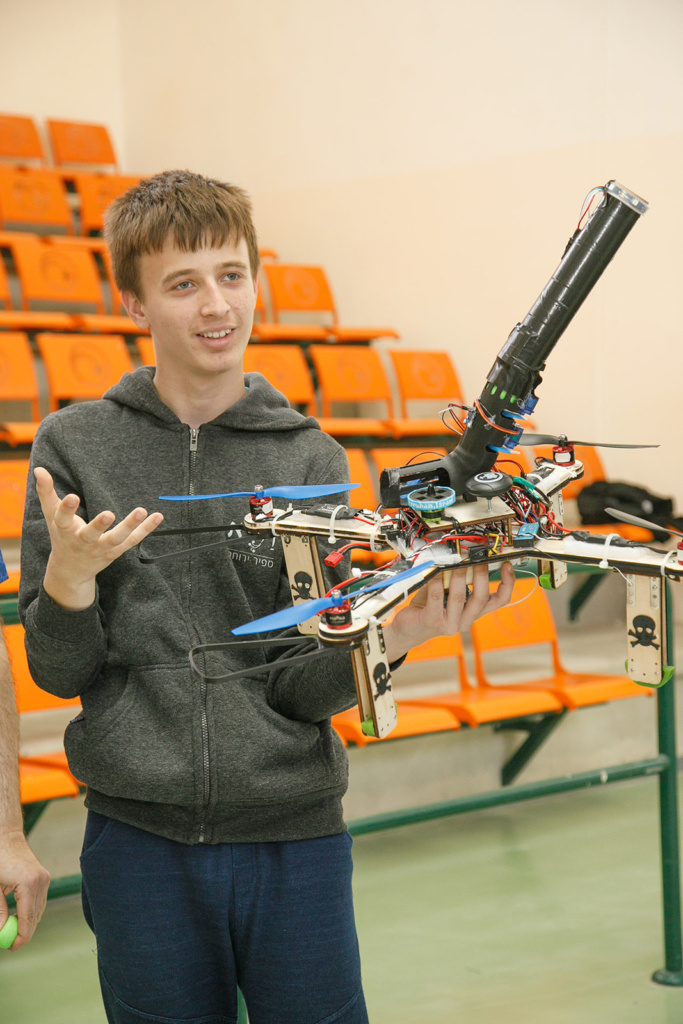
Disconcerting gaps in education are prevalent across the world, and all the more so in Israel. Results from the most recent Programme for International Student Assessment (PISA) survey exposed a 121-point difference between reading abilities of socio-economically advantaged and disadvantaged students, markedly higher than the already concerning 89-point average difference found across OECD countries.
Similar differences were recorded in mathematics and science abilities, and a comparison to the results from the 2009 survey exposes growing gaps in Israel over the last decade (OECD, 2019).
Educational leaders in Israel and across the world therefore agree that it is critical to identify practical strategies that can be implemented to improve learning opportunities for underserved youth. A study of Darca, a school-network managing forty high schools and educational institutions (with a reach of 22,000 students) in Israel’s underserved communities, can help accelerate this conversation.
In 2010, the year before Darca took over management of the Itzhak Navon High School in the peripheral city of Netivot, only 13% of its students graduated with a certificate making them eligible for university matriculation. Darca’s management boosted that rate up to a current 86%.
Non selective policy
Darca led similar transformations in the town of Gedera, where it took the Menachem Begin High School from a 53% rate in 2012 up to a current 94% rate, and in the city of Lod, where it took the Maxim Levy High School from a 48% rate in 2011 up to a current 93% rate.
All three schools’ starting points were well below the 2018 national average of 58%, and today far outpace it. Darca is now the leading educational network in Israel with the highest network-wide rate of students graduating with university matriculation eligibility.
